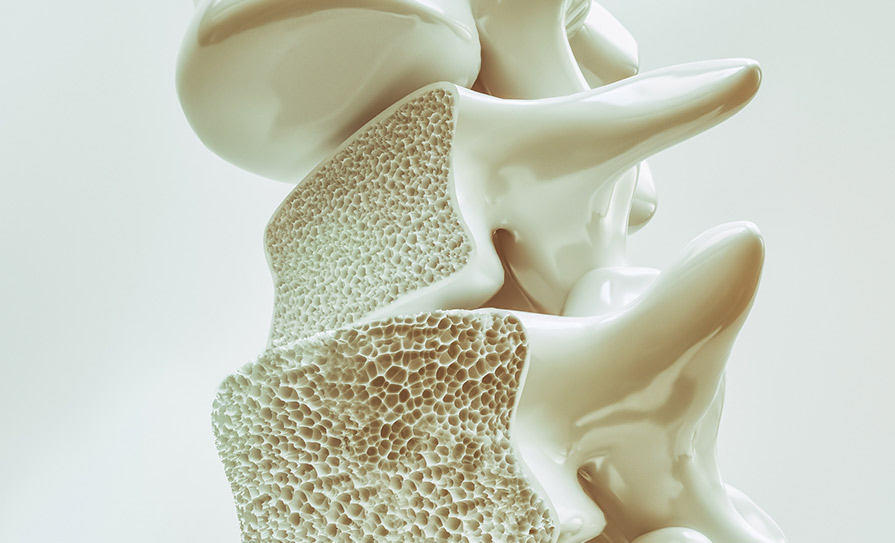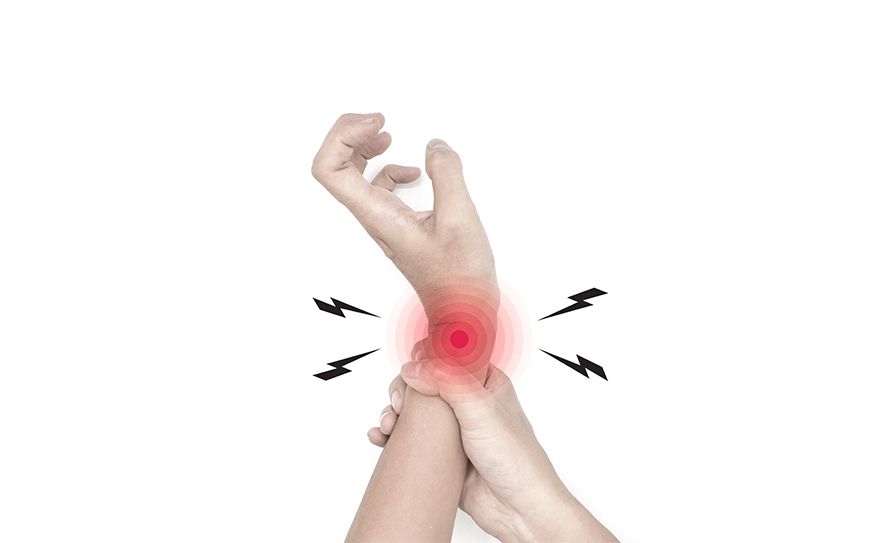A clinical overview of the characteristics of IBS and the various treatment options
Irritable bowel syndrome (IBS) the most commonly-diagnosed gastrointestinal condition, can affect up to one-in-five people at some point in their lives. This could be an underestimation of the condition, as it is thought that many suffering with IBS do not seek medical attention. The condition can have a significant impact on a patient’s quality-of-life and their emotional wellbeing. IBS is classified as a functional GI disorder, ie, it is not associated with any structural or biochemical abnormalities in the GI tract.
IBS is defined by the presence of abdominal pain or discomfort. Bowel habits are disturbed, with diarrhoea and constipation presenting alone or in combination. Women have been shown to more commonly report abdominal pain and constipation, and men more commonly reporting diarrhoea. The disorder is usually life-long, with patients suffering episodic relapses. IBS subtypes are used to describe predominant symptoms:
· IBS with diarrhoea: IBS-D.
· IBS with constipation: IBS-C.
· IBS with mixed bowel pattern: IBS-M.
The pathophysiology of IBS is not completely understood. It is thought that a number of factors may contribute to development of the disorder, including genetic, intestinal permeability, alterations in intestinal flora, abnormal GI motility and inflammation. Symptoms of IBS include loose/frequent stools, constipation, bloating, and abdominal pain/cramps. Patients may notice symptoms following the intake of specific foods or that symptoms, such as stool consistency or pain location, change over time. Patients may also present with headache, lethargy, nausea, bladder symptoms or faecal incontinence. The Rome III criteria can be used to diagnose IBS when the presence of organic disease such as IBD, colon cancer, and coeliac disease have been excluded. The diagnostic tool assesses if the patient has experienced the following:
Recurrent abdominal pain or discomfort at least three days per month in the last three months associated with two or more of the following:
· Improvement with defecation.
· Onset associated with a change in frequency of stool.
· Onset associated with a change in form (appearance) of stool.
A stool assessment may also be carried out using the Bristol Stool Form Scale — this allows patients to score stool appearance from one (hard and lumpy), to seven (entirely liquid).
Treatment
There is no definitive treatment for the management of IBS. A combination of lifestyle and dietary advice and use of pharmacological therapies is often required. Symptom-based treatment has been the traditional method of managing IBS. The removal of factors which are known by the patient to exacerbate these symptoms, ie, medication, stress or certain food, may help to alleviate symptoms. A variety of non-pharmacological treatments are recommended for those with IBS. Regular exercise of 30 minutes at least five days a week and the avoidance of trigger foods (ie, caffeine, alcohol, carbonated drinks) is simple advice that can be effective at helping to keep bowels moving and avoid unnecessary discomfort. Meals should be balanced and taken at regular intervals.
Other strategies that still require further research include the use of probiotics and fibre supplements. Evidence for probiotics use is promising, but clarity of efficacy of specific strains still needs to be established. Fibre supplements (ie, ispaghula) may be of benefit for those who suffer from symptoms of constipation, although for patients, it may be as useful to take soluble fibre in their diet, such as oats.
Pharmacological management of IBS is centred on treatments that alleviate symptoms of IBS, but are not specifically authorised for IBS itself (ie, laxatives, antidiarrhoeals and certain antispasmodics).
Pharmacological treatments include:
Laxatives — osmotic laxatives (ie, polyethylene glycol) are often recommended first-line to improve constipation for those with IBS-C, however, they have not been shown to improve abdominal pain or bloating. Stimulant laxatives may also be used. Lactulose is not recommended, as it can increase gas production and exacerbate symptoms.
Anti-diarrrhoeals — first-line for IBS-D is loperamide, which inhibits peristalsis, prolongs gut transit and reduces faecal volume. As constipation is an adverse effect, it should be used with caution for patients with IBS-M.
Antispasmodics — antimuscarinics (ie, hyoscine butylbromide) and smooth muscle relaxants (ie, alverine, mebeverine, peppermint oil) are thought to improve symptoms of abdominal pain by relaxing smooth muscle. They have been shown to provide short-term relief of symptoms.
Antidepressants — those with moderate-to-severe IBS may benefit from antidepressants such as tricyclic antidepressant (TCA) and serotonin reuptake inhibitors (SSRIs) to improve pain perception, mood and motility. A second-line option and an unlicensed indication, TCAs can improve symptoms of abdominal pain and diarrhoea and SSRIs can improve abdominal pain and constipation. Amitriptyline may be used at doses of 10-to-30mg at night, but the risk of anticholinergic adverse effects (dry mouth, dizziness, blurred vision, sedation, and constipation) and prolongation of QT intervals limits their use.












Leave a Reply
You must be logged in to post a comment.